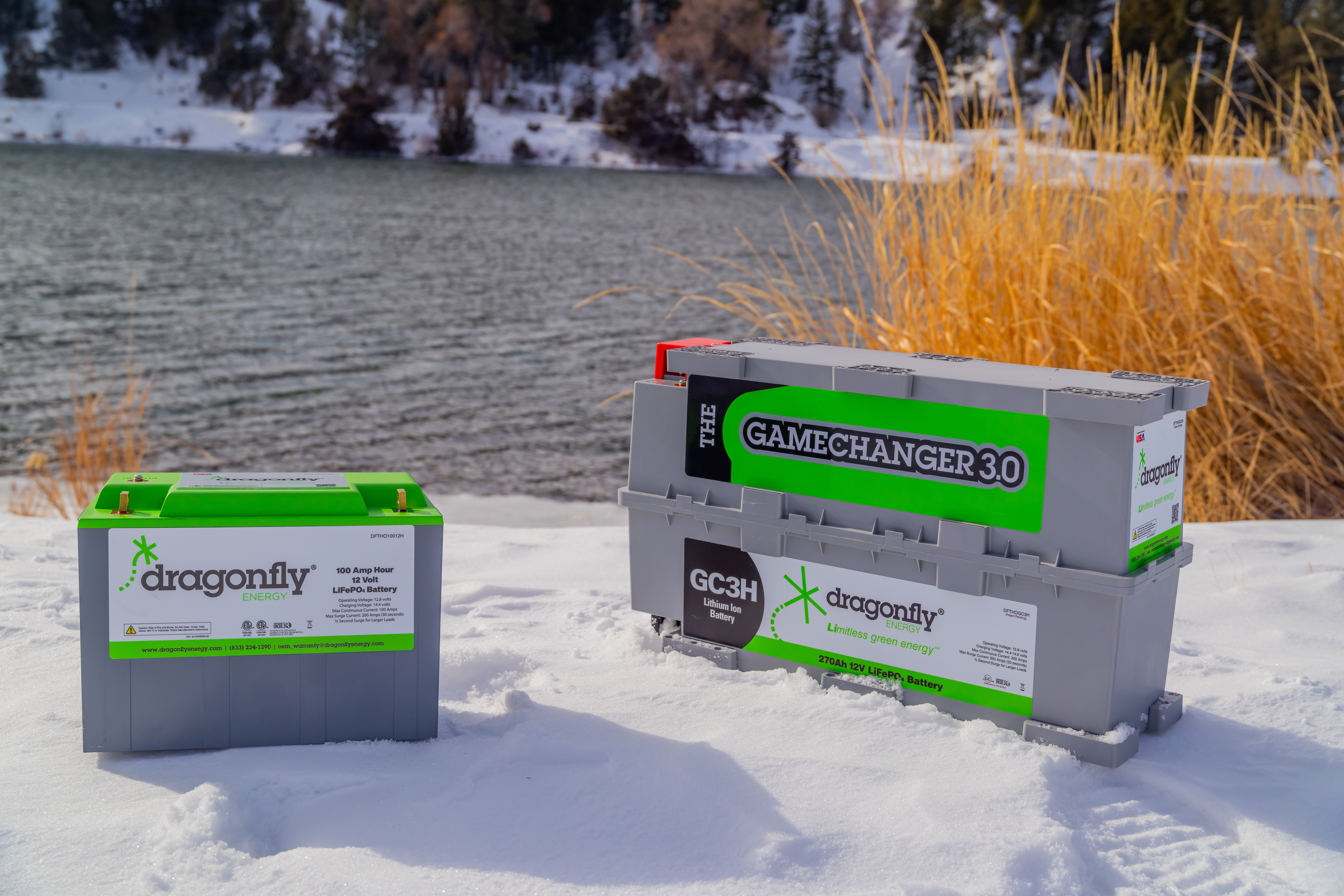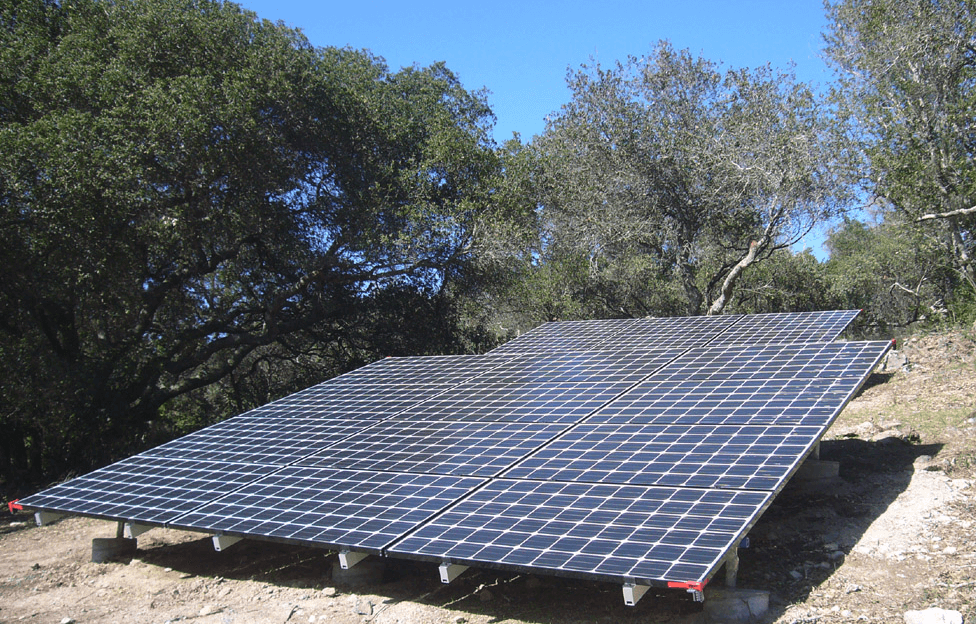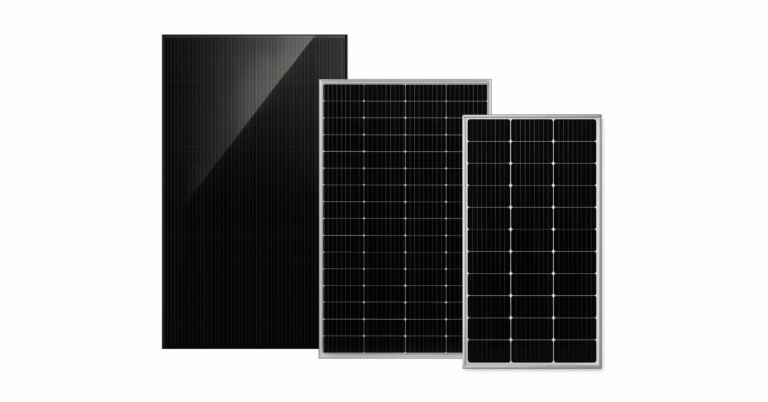Grid-tied solar systems are designed to link to the public utility grid, with panels feeding electricity into the grid and earning credit on your account for the power generated.
However, power outages can still render grid-tied solar systems vulnerable. When grid power is disrupted, the system is programmed to shut down as an anti-islanding safety measure to prevent utility workers from getting hurt when working on the grid.
So, what can you do to protect your business?
Autonomous Solutions
The best solution to create autonomy for yourself is a grid-tied solar system equipped with energy storage in the form of lithium batteries. During a power outage, the batteries take over as backup power sources, powering critical appliances and providing a safety net, particularly in regions with harsh weather and unreliable power grids. Batteries offer the advantage of storing energy during peak periods, as most utilities charge a higher rate.
LiFePO4 batteries are known for their high energy density, long cycle life, and safety. They can store a lot of energy and last a long time, making them great for storing electricity from solar panels (sometimes grid-fed energy).
Rapid Shutdowns
Rapid shutdown on roof-mounted grid-tie BBU systems is essential for safety. Rapid shutdown devices are module-level power electronic (MLPE) or microinverters installed on the backs of solar modules. They are equipped with technology that can turn off and reduce voltage output throughout the solar system to adhere to PV Rapid Shutdown regulations. They are designed to meet the National Electric Code (NEC) requirements to ensure solar panels can be quickly deactivated in emergencies, such as fires or during maintenance.
It’s important to follow proper design, installation, and compliance with relevant codes and standards, such as NEC and local A, for the safe and efficient operation of off-grid/battery backup and grid-tie BBU systems with LiFePO4 batteries.
Dragonfly Energy Protection
Grid-tie Battery Back-Up (BBU) Systems with Dragonfly Energy’s lithium iron phosphate (LiFePO4) batteries are becoming essential in renewable energy applications. Grid-tied battery backup systems are designed to work independently when the grid isn’t available, providing power during grid outages, emergencies, and off-setting power consumption from the Utility. Rapid shutdown is a safety feature that quickly shuts down roof-mounted solar panels when utility power is no longer available and is required on most grid-tie battery backup applications.

Final Thoughts
In summary, Dragonfly Energy offers LiFePO4 batteries that are commonly used in grid-tie solar systems. These LiFePO4 batteries are known for their high energy storage capacity, long lifespan, and safety features. Combined with rapid shutdown systems, they can provide reliable and safe energy storage solutions for renewable energy applications, ensuring a steady electricity supply when needed. Proper design, installation, and compliance with relevant codes and standards are crucial for successfully implementing these systems.



